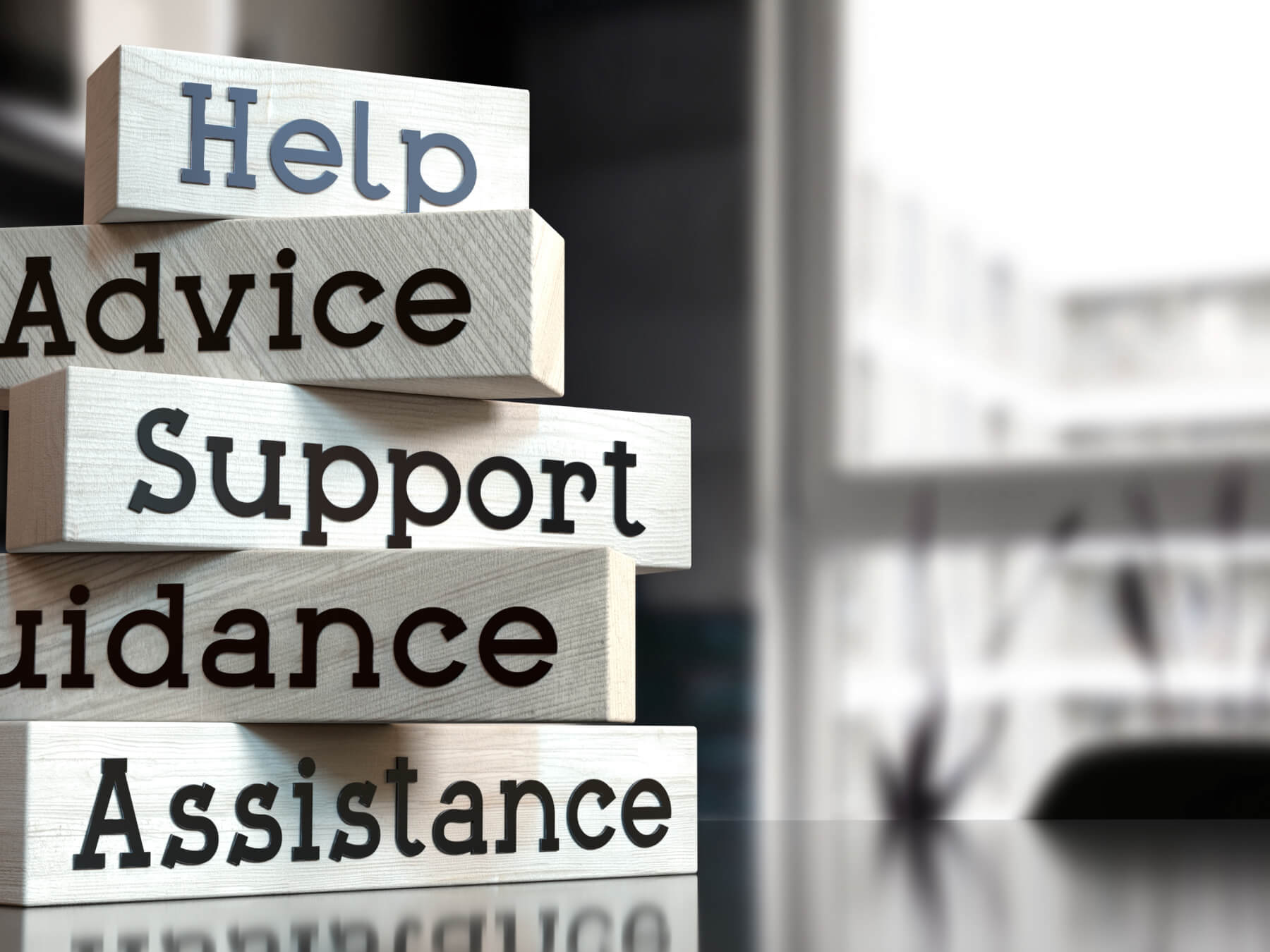© 2026 Euforia Digital, All rights reserved

Recovering from a toxic relationship can be one of the most challenging emotional journeys a person can undertake. The aftermath often leaves individuals grappling with feelings of inadequacy, low self-esteem, and a diminished sense of self-worth. The toxic environment that characterized their past relationship can lead to a cycle of negativity that is hard to break. However, one of the most effective tools for rebuilding confidence and security lies in the power of warm words and supportive expressions. Understanding and integrating the practice of verbal encouragement into daily life can significantly impact emotional well-being and foster a healing environment.
Warm words, when expressed genuinely and thoughtfully, can serve as a balm for the wounds inflicted by toxic relationships. These words act as a powerful reminder of one’s value, instilling a sense of reassurance and safety that may have been compromised. After experiencing constant criticism or emotional abuse, it is common for individuals to internalize negative messages about themselves. They may begin to see their self-worth through a distorted lens, believing they are undeserving of kindness and respect.
However, embracing the practice of “expressing support” can counteract these harmful beliefs. It creates a pathway for regaining confidence and helps individuals recognize their inherent worth. Simple phrases like “You are enough,” “I believe in you,” or “You deserve happiness” can start to shift the narrative. By surrounding oneself with positive interactions and affirmations, it becomes easier to dismantle the negative thought patterns that linger after a toxic relationship.
Regularly using warm words and phrases fosters a positive atmosphere that is crucial for emotional healing. When these supportive expressions are integrated into daily life, they can have a transformative effect on self-esteem. Verbal affirmations are not just hollow phrases; they are a vital component of self-reinforcement. They remind individuals of their strengths, accomplishments, and the potential for growth.
Research has shown that verbal affirmations can enhance self-acceptance and motivate individuals to strive for their goals. Positive words create a nurturing environment where one feels empowered to explore new opportunities, take risks, and establish healthy boundaries. Over time, consistent exposure to affirming language can reshape the way individuals view themselves and their worth, ultimately leading to a more confident and secure self-identity.
In the aftermath of a toxic relationship, it is essential to consciously cultivate a supportive environment that prioritizes kindness and encouragement. This can involve surrounding oneself with friends and family who uplift and inspire, engaging in communities that promote positive interactions, and intentionally practicing self-affirmation.
Moreover, it’s important to reflect on the language used in personal self-talk. Many individuals unknowingly continue to engage in negative self-talk, echoing the harsh criticisms they faced in previous relationships. Replacing these detrimental phrases with warm words is crucial for fostering a healthier internal dialogue. Instead of saying, “I’m not good enough,” try reframing it to, “I am capable and deserving of love.” These shifts may seem minor, but they play a significant role in reshaping one’s self-perception and emotional landscape.
The beauty of warm words lies in their simplicity. They can be conveyed in everyday interactions, whether it’s offering compliments to oneself in the mirror, sharing encouraging messages with friends, or even writing affirmations down to read daily. The act of voicing supportive words out loud amplifies their impact, allowing the brain to process these affirmations more effectively. When spoken, warm words resonate deeply, creating a tangible connection to the emotions they are meant to evoke.
Moreover, the ripple effect of expressing kindness extends beyond oneself. Sharing warm words can uplift others and foster a culture of support and positivity. When individuals express kindness, they contribute to an environment where everyone feels valued and understood, further reinforcing the power of supportive interactions.
Embarking on the journey of emotional healing after a toxic relationship is not easy, but it is incredibly rewarding. The first step is often the hardest, especially if one has spent years internalizing negative messages. However, by consciously choosing to incorporate warm words into daily life, individuals can begin to reconstruct their emotional foundation.
Start small by identifying supportive phrases that resonate personally. Speak them aloud, write them down, or share them with trusted friends. Notice how they make you feel and allow yourself to embrace the warmth they bring. Over time, this practice can cultivate a profound sense of security and self-acceptance.
The path to recovery from a toxic relationship is paved with the power of warm words. By intentionally practicing verbal expressions of support and kindness, individuals can rebuild their self-esteem and create a positive atmosphere conducive to healing. Kindness, both to oneself and to others, is not just a tool for recovery; it is a fundamental necessity for emotional well-being. As you navigate the complexities of healing, remember that simple words of encouragement can significantly impact your journey. Embrace them, share them, and let them guide you toward a brighter, more confident future.